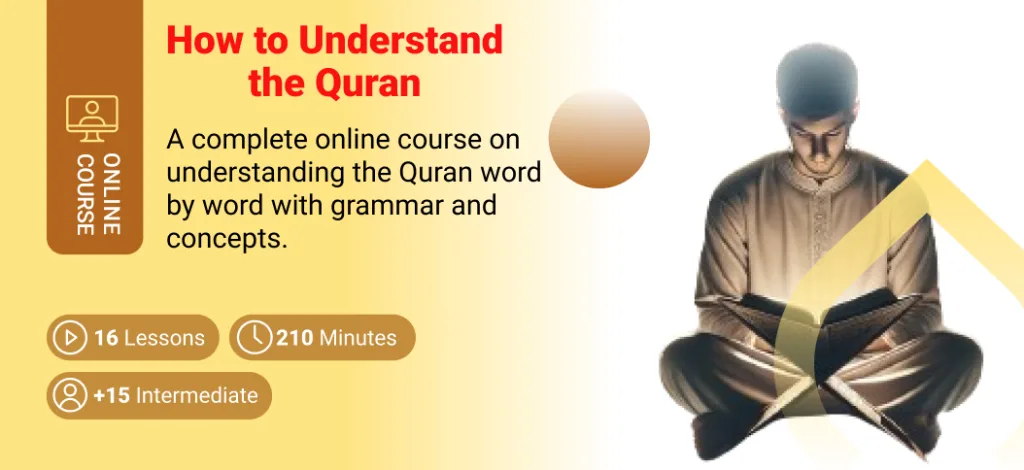Etiquette of Entering the Holy Month of Ramadan
Contents
There are certain rules of etiquette for the Islamic lunar months. This includes certain things we must do and avoid. In this article featured on Islam4U, we will look into the etiquette of entering the holy month of Ramadan.
What Makes Ramadan So Special?
There is no month as significant and blessed as the month of Ramadan. It is known as the month of Allah Himself. Why? This month, we have the Night of Qadr (Laylat al-Qadr), on which the Noble Quran was revealed. It is a night better than a thousand months. On this night, the destiny of all creation is determined for that year. The month of Ramadan is the month of Allah’s feast. We are all His guests, and Allah has prescribed fasting for us so that we can show our devotion to Him. The second Shia Imam, Imam Hassan, was born in this month, and Imam Ali, the first Imam, was martyred in this month.
During Ramadan, believers are strongly inclined to worship. It is a month in which people feel Allah draw closer to them. During Ramadan, people try to reform and purify themselves as they journey toward Allah. Knowing the etiquette of entering the holy month of Ramadan is necessary.
How to Enter Ramadan
The month of Ramadan, as we explained, is a very blessed month. Before entering it, we must purify our hearts so that we may make the best use of this month. The month of Ramadan is Allah’s banquet. Before going to a banquet, one first cleanses one’s body, wears clean and tidy clothes, and wears perfume or cologne. Likewise, before entering Ramadan, we must repent of our sins and cleanse our souls. We have a whole month to do this. We must stop committing the sins we used to do. We must try to pray on time and perform all the obligatory acts and refrain from all the prohibited ones. This is the best way to enter Ramadan, with a clean heart, body, mind, and soul. Some even fast during Sha’ban as a way to practice and prepare themselves for fasting during the month of Ramadan.
Purging Malice, a Rule of Etiquette of Entering the Holy Month of Ramadan
Among the rules of etiquette of entering the holy month of Ramadan is to purify our souls and hearts, and to remove malice, envy, deceit, and treachery from our spirits.
The Noble Prophet Muhammad (peace be upon him and his family) states in the Sha’ban sermon about the conditions for praying: “So, ask your Lord Allah with sincere intentions and pure hearts”; meaning, the heart, which is the place of human intentions, must be free of malice and moral vices.
Undoubtedly, just as we wish our faults to be forgiven if we err, we should do the same towards others, and accept their excuses for their faults. It’s strange that in moments expected for prayers to be answered, we hope the Almighty forgives all our sins and misdemeanors, yet when it comes to others’ mistakes, we sometimes harbor resentment for years, unwilling to forgive them.
The Dos and Don’ts During Ramadan
The month of Ramadan has many rules that must be followed. First and foremost, we have fasting. Fasting is obligatory for every mukallaf (religiously mature) who is capable of fasting during Ramadan. Fasting is not just a sign of obedience. It also symbolizes joy, enthusiasm, love for, and devotion to Allah. As Allah has said in the Quran, fasting is good for us, if only we knew. Fasting is good for both the body and the soul.
Now what would happen if someone who should fast doesn’t fast? The penalty is very heavy. For every fast that one purposely and inexcusably misses, one should fast sixty days for each of them during the other months of the Islamic lunar calendar as expiation, plus one for each fast that was missed as the qada (compensation). They also have two more options. They either feed sixty poor people or free a slave plus the qada. Therefore, fasting is extremely important and one should not take it lightly.
Other than not eating and drinking while we fast, we shouldn’t commit the other sins either because they have been likened to breaking our fast spiritually. So, although some sins don’t break the fast physically, they do decrease the value of our fasts.
What We Are Expected to Do and Not Do
During Ramadan, we are expected to be good Muslims. This means we must offer the prayer on time, help the poor, avoid lying, backbiting, accusing others wrongfully, and doing anything that upsets Allah. We should avoid haram acts, such as listening to music and watching inappropriate, suggestive, and explicit images, videos, and scenes. It is important to note that we must do these things during all the months. However, Ramadan has a special respect and honor that must be upheld. This conduct must be transferred to the other months as well. It shouldn’t be the case that one only observes Allah’s rules and laws during Ramadan.
There are also specific recommended acts that we must perform during this blessed month. The most important one is reciting the Noble Quran. The Quran was revealed during this month. The Noble Prophet (s) has told us that if we recite one verse of the Quran during this month, it is equal to reciting the entire Quran during the other months. Therefore, we must take advantage of this opportunity and recite as much of the Quran as we can. We are expected to recite the whole Quran at least once during this month. To do this, reciting one juz of the Quran each day of this noble month is highly recommended.
The Two Meals: Suhur and Iftar
The month of Ramadan is a month of fasting and feasting. Suhur is a meal that one has before the dawn adhan. Although not obligatory, having suhur is highly recommended before beginning one’s fast. The reason for it is clear. If you don’t have suhur, you’ll feel weak and have a hard time fasting. We are told to eat food that are filling, wholesome, and prevent too much hunger and thirst.
Iftar is the meal after the maghrib adhan (or sunset according to some). It is mustahabb and brings a great deal of rewards to invite people to your place for iftar as a way of extending your hospitality to them and pleasing Allah. For iftar, it is recommended to break your fast with a date or a cup of warm water. This is the best way to bring your blood sugar to normal levels.
Conclusion
The blessed month of Ramadan requires us to make certain preparations. We need to enter it with a pure and clean heart. We must seek forgiveness from Allah, purify our bodies and souls, and prepare ourselves for thirty days of fasting. Ramadan itself also has certain rules of etiquette. We must all fast in this month physically and spiritually. We must not sin in this month. We shouldn’t lie, backbite, cheat others, and wrongfully accuse others of things they haven’t said or done. Reciting the Quran as much as you can is highly recommended during this month. Let us all pray to Allah to grant us the privilege to be our best in this noble month.




